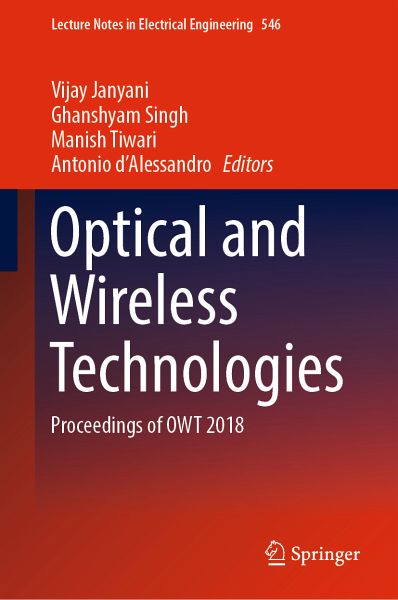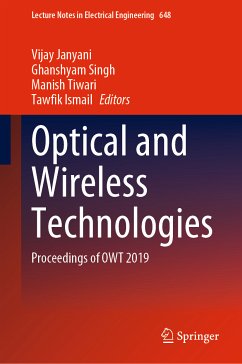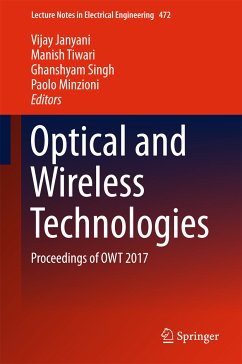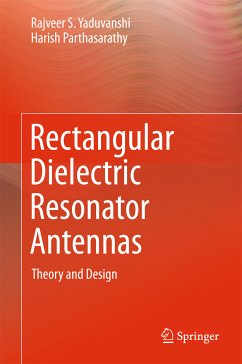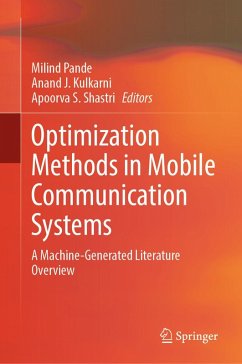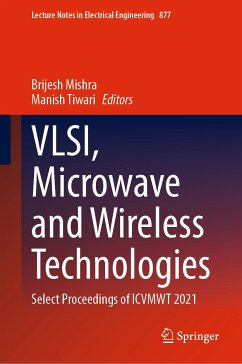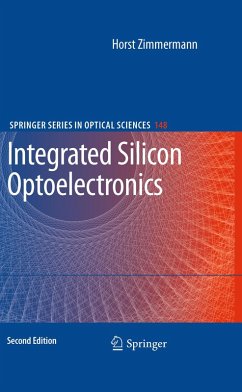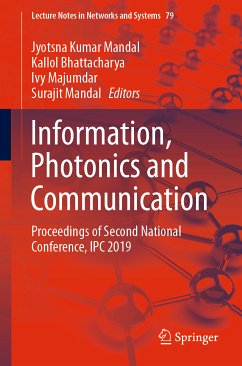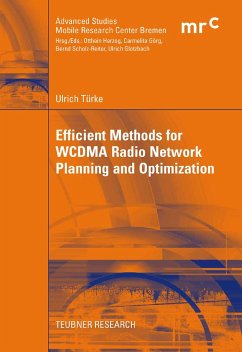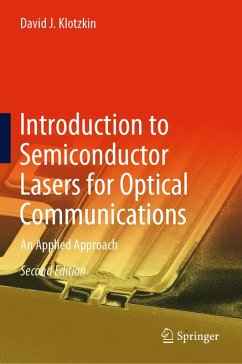Prof. Vijay Janyani obtained his Bachelors and Masters degrees in Electronics and Communication Engineering (ECE) from Malaviya Regional Engineering College, Jaipur (now MNIT, Jaipur) and his PhD from the George Green Institute for Electromagnetics Research in Nottingham (U.K.). He has received various awards and honours, such as the University of Nottingham's Derrick Kirk Prize, the Commonwealth Scholarship UK, and the All India Council for Technical Education Career Award. He has completed various national and international government-funded research projects, and was a member of the visiting faculty at the AIT Bangkok and UoTEM Tunisia. His current research interests include optical communication, optoelectronics and photonics, numerical modelling, nonlinear optics, radio frequency (RF) and microwaves, optical networks, and solar energy. Prof. Ghanshyam Singh received his Masters and PhD degrees in ECE from Malaviya National Institute of Technology (MNIT), Jaipur. He has beena visiting scholar/visiting professor at various universities and research centres, in the UK, Finland and Japan. Dr. Singh is engaged in joint research projects with partner researchers from Keio University (Japan), the University of Vienna (Austria), Cairo University (Egypt) and Lviv Polytechnic National University (LNPU) (Ukraine). His current research interests include antenna engineering, micro and nano-structured photonic devices, and networks and non-linear characteristics of photonic crystal fibers. Prof. Manish Tiwari received his Ph.D. in Electronics and Communication Engineering (ECE) in the field of Photonics from Malaviya National Institute of Technology (MNIT), Jaipur. He is currently a professor at Manipal University, Jaipur. He was a visiting researcher at City University, London in 2010 and 2011 and Tsinghua University, Beijing, China in 2016. Dr. Tiwari has presented talks at a number of universities in Hong Kong, Bangkok, and London. He has also served on the panel of experts at various workshops. His current research interests include micro/nano-structured photonic devices, nonlinear optics and photonic crystal fibers. Prof Antonio d'Alessandro obtained his PhD in Electronic Engineering at the University of Bari, Italy. He is a Professor in Department of Information Engineering, Electronics and Telecommunications at Sapienza University of Rome. He has been the President of the Italian Liquid Crystal Society since 2010, Vice president of the IEEE Photonics Society (Italian chapter) since 2017, and is a member of Optical Society of America and of CNR - IMM (Institute for Microelectronics and Microsystems). Prof Alessandro has authored more than 130 research papers in peer reviewd jounals, book chapters and international conferences.
